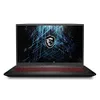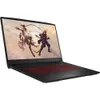Lenovo is taking on the Steam Deck and ROG Ally: 3 things it needs to win
The Lenovo Legion Go needs to get these 3 things right to win
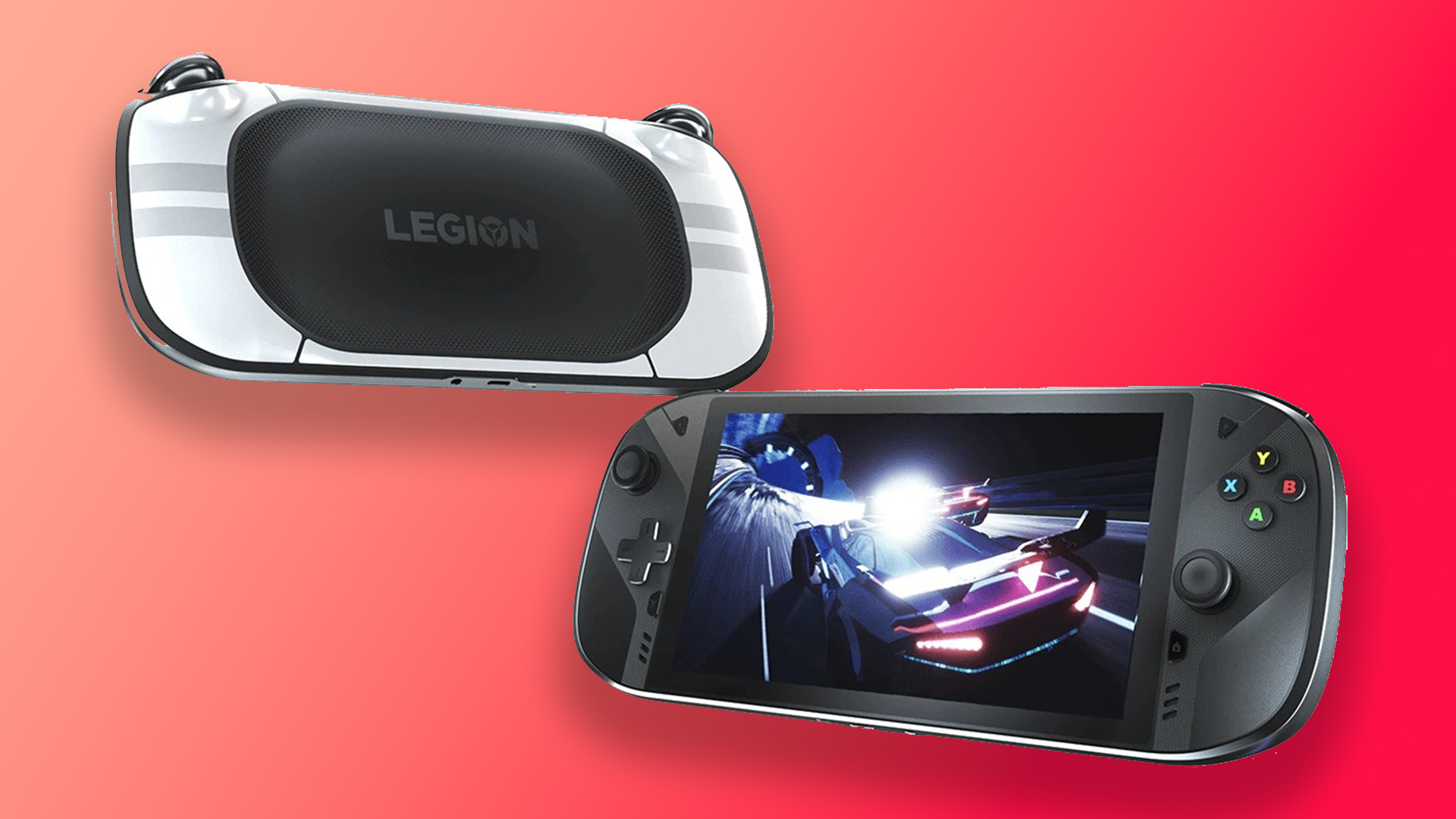
Sign up to receive The Snapshot, a free special dispatch from Laptop Mag, in your inbox.
You are now subscribed
Your newsletter sign-up was successful
The gaming PC handheld market is about to get a new competitor, and it’s coming from Lenovo. As reported by Windows Central, the Lenovo Legion Go is gearing up to enter the battle for superiority.
We’re hearing a lot of encouraging news about it, such as the use of AMD’s new Phoenix Processors that are usually turbo boosting gaming, AI, and graphics in ultrabooks, and the larger 8-inch display.
But what will it actually need to do to beat the current strong competition from the Steam Deck and Asus ROG Ally? Let’s take a look.
1. A better Windows 11 experience
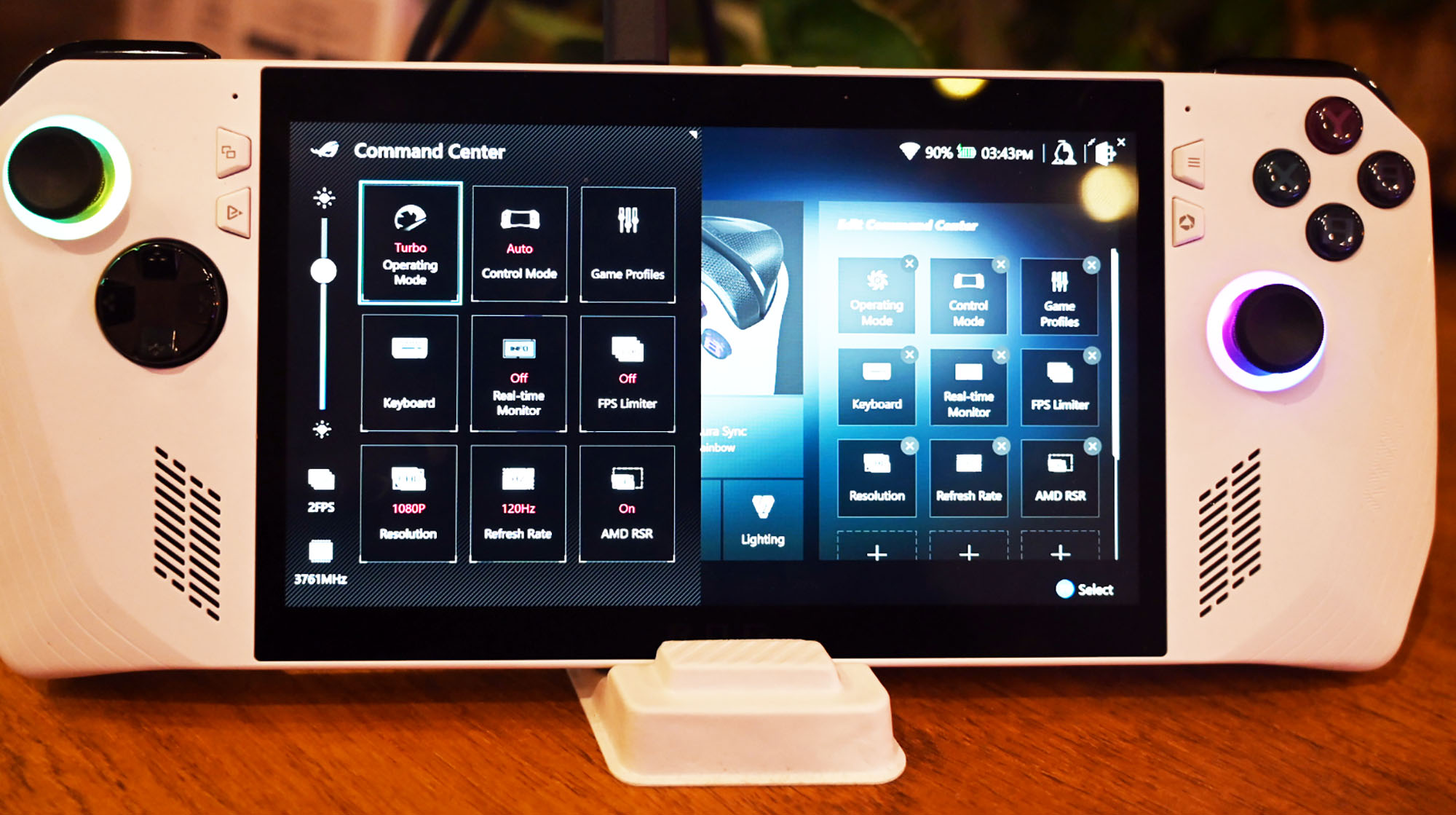
Let’s be honest here, Windows 11 has not translated well onto a gaming PC handheld. I know Asus tried its best with the Armory Crate overlay, but it’s still a desktop OS running underneath that feels awkward to navigate on a small device like this.
And when it comes to the G.O.A.T of handheld PC gaming UIs, nothing Windows-based has come close to the slickness of the Steam Deck. Something’s got to give, and whether it’s a new skin that opens as default on the Legion Go, or a new version of Windows 11 built for this kind of device, hopefully Lenovo gets something better.
2. Better battery life
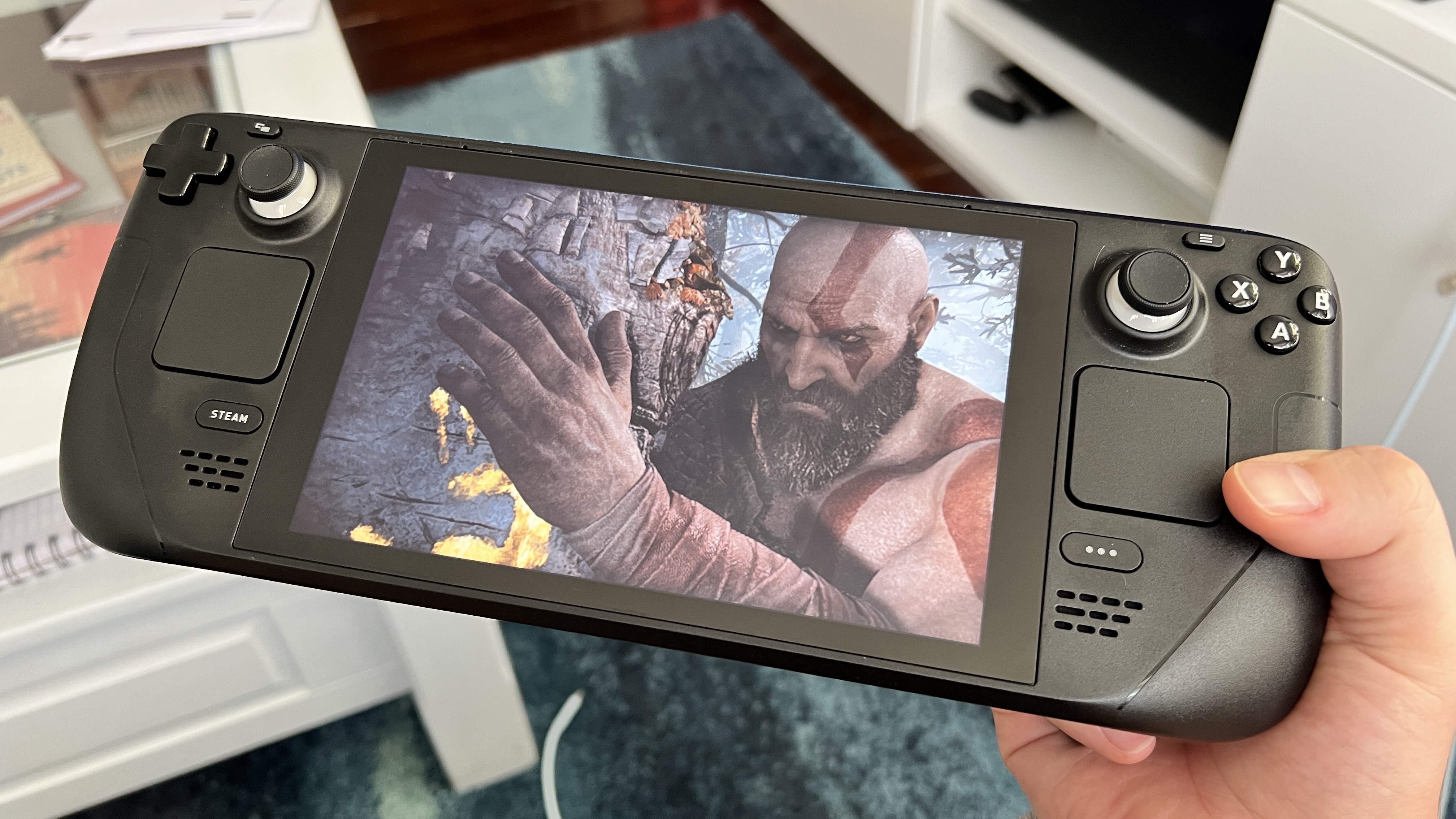
What would we consider to be good battery life for a PC gaming handheld? It’s an interesting question that nobody has really put a number on yet.
We can do all of our benchmarks, which confirm that the ROG Ally lasts for one hour and 32 minutes on our PC Mark 10 test. We can also put them through their proper paces, and see the Steam Deck tap out after 50 minutes of Cyberpunk 2077.
Sign up to receive The Snapshot, a free special dispatch from Laptop Mag, in your inbox.
But these numbers have always felt disappointing to me, and they should. You want this kind of device to last a long commute without freaking out about the stamina and losing a save.
So, let’s put a number on it. If the Lenovo Legion Go is able to last 2-3 hours on one charge in real world use (playing AAA games), then I would consider this a win.
3. Better cooling
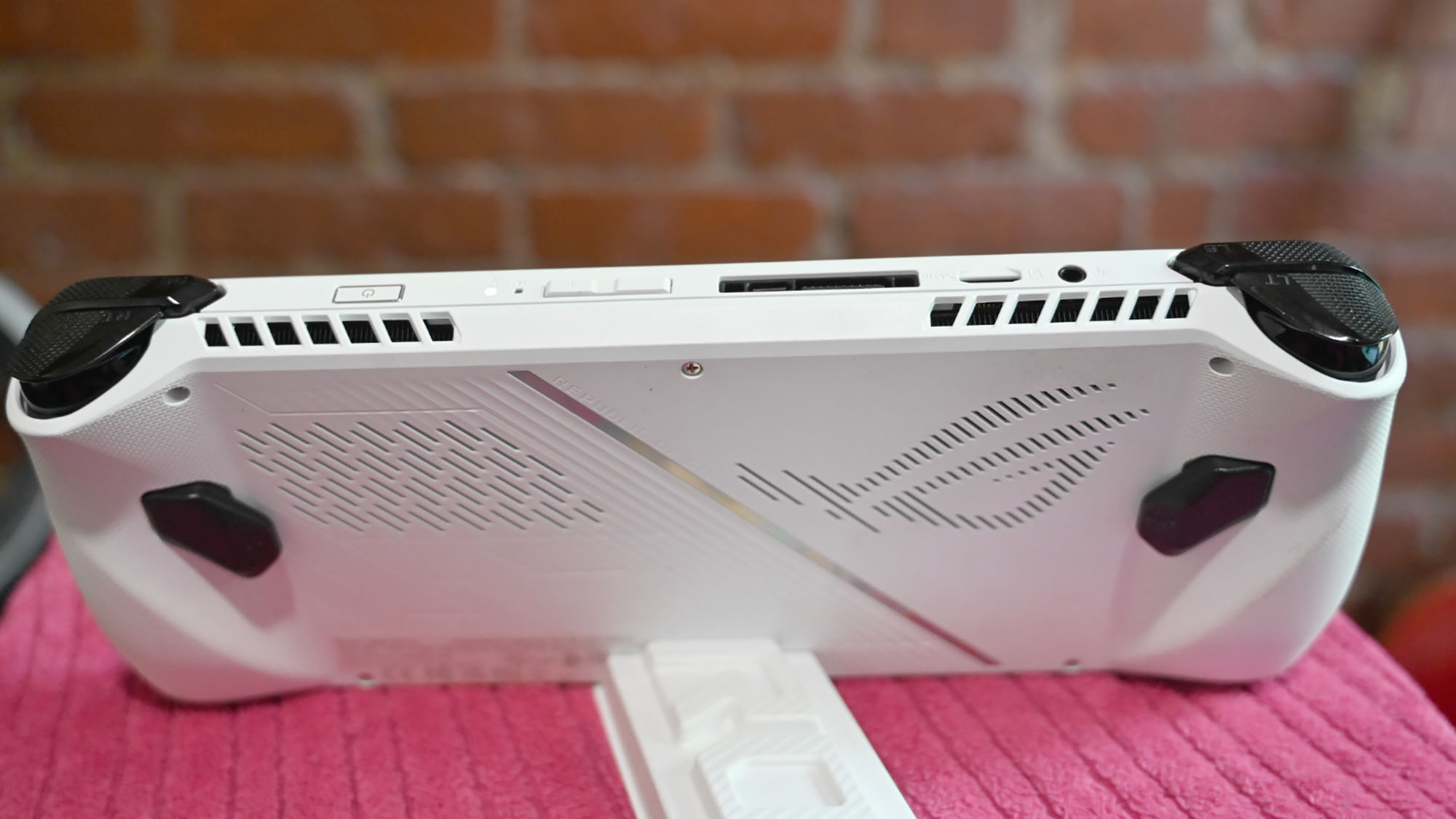
The Steam Deck runs hot, and the Asus ROG Ally runs like the surface of the sun. It’s always going to be hard to maintain a good surface temperature when you’re packing so much power into something so small.
But something needs to be done because just being able to eliminate thermal throttling is not enough in a handheld. You need to keep that entire surface temperature at a good level to factor in everyone’s use case — be it resting the device on their lap as they play, or holding with one hand for touchscreen games.
Lenovo has been fantastic with thermal management in past systems I’ve tested like the Legion Pro 7i. All I ask is that the team pulls something special out of the bag again for this, and gives us a performance champ that keeps its cool under pressure.
Outlook
Software, battery, and cooling. These are the three mountains that Lenovo has to conquer in order to stand a chance of sitting atop the throne of handheld gaming PCs.
Is it an impossible task? No, but it sure is difficult — those last two points especially are an engineering challenge for sure. But if Lenovo pulls it off, I will be demanding that the company takes my money!

Jason brought a decade of tech and gaming journalism experience to his role as a writer at Laptop Mag, and he is now the Managing Editor of Computing at Tom's Guide. He takes a particular interest in writing articles and creating videos about laptops, headphones and games. He has previously written for Kotaku, Stuff and BBC Science Focus. In his spare time, you'll find Jason looking for good dogs to pet or thinking about eating pizza if he isn't already.


